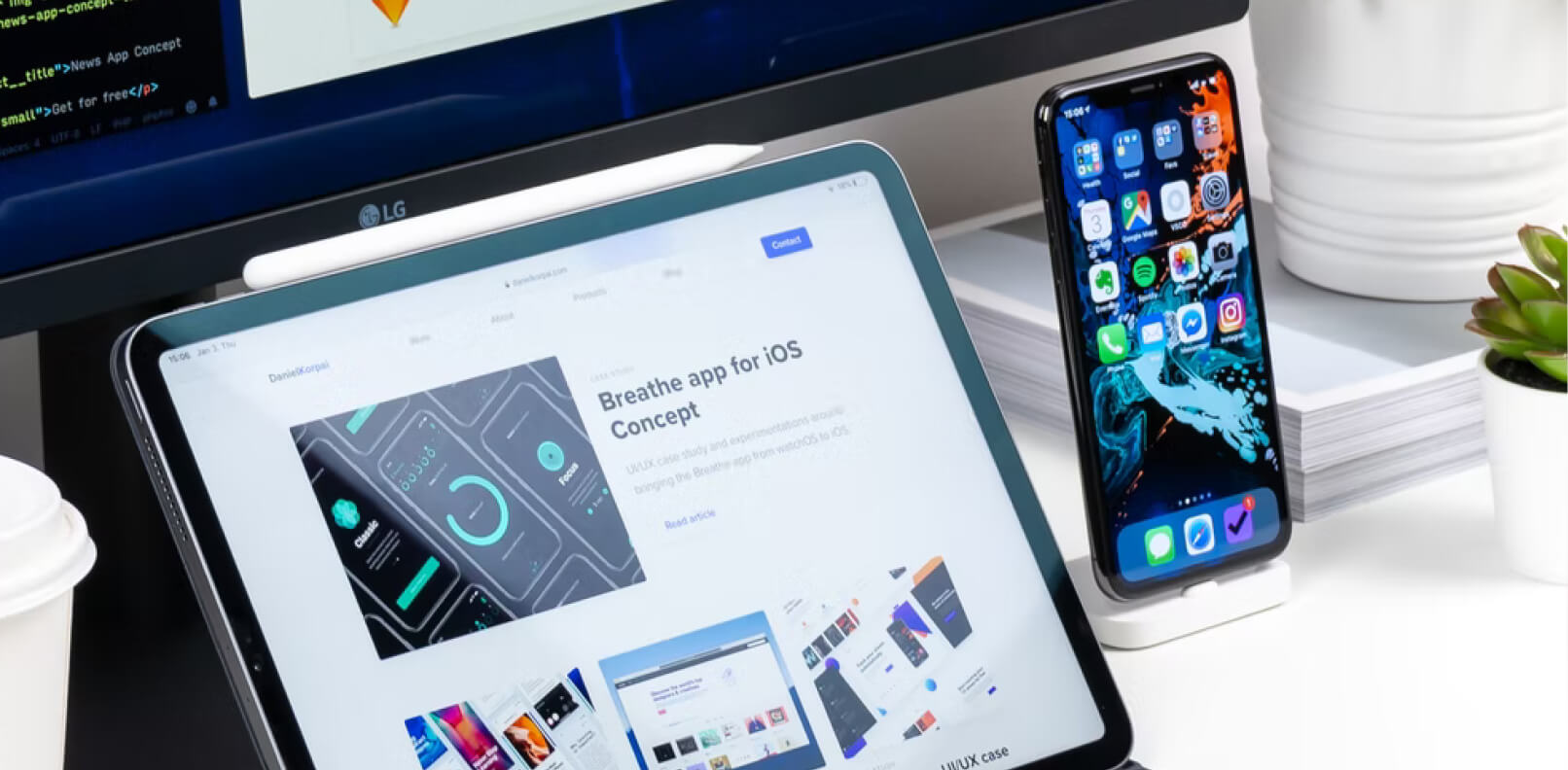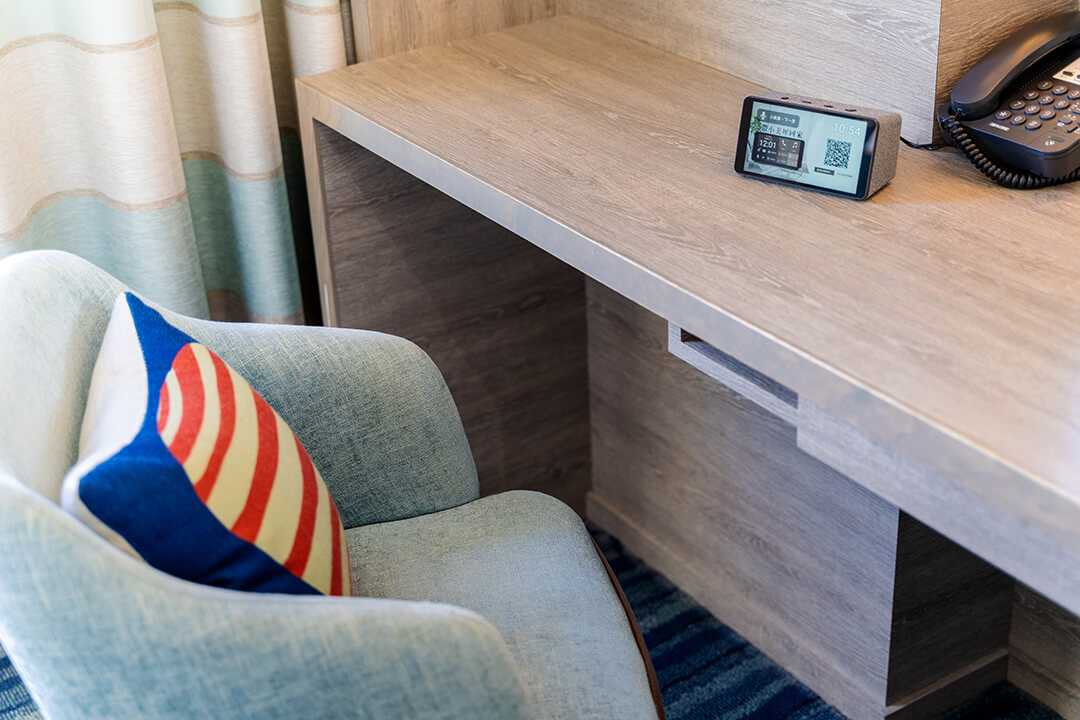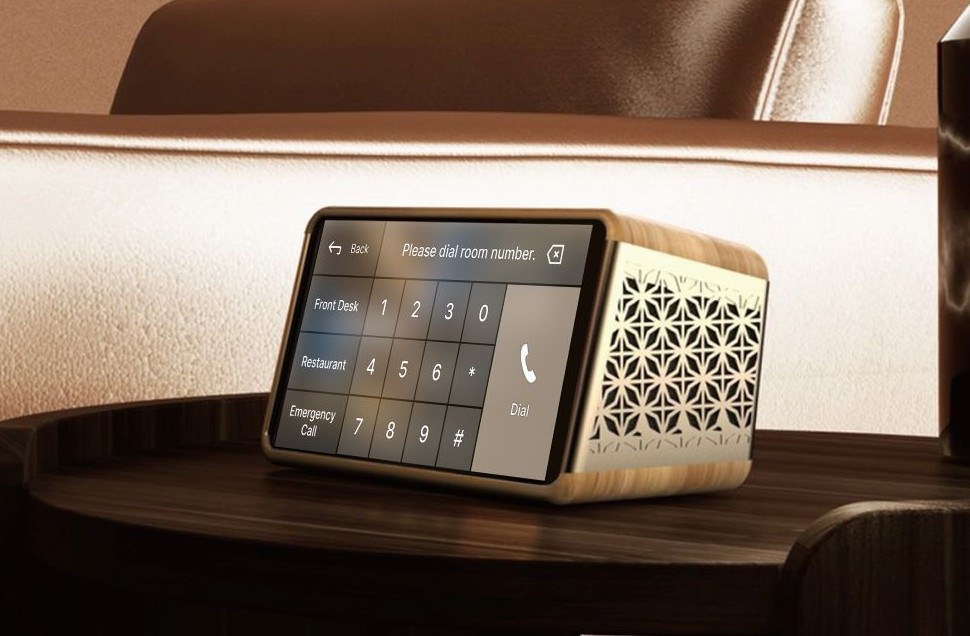In the dynamic world of hotel technology, artificial intelligence (AI) is an emerging force that propels us towards a future marked by efficiency and enriched guest engagement. Amidst the challenges of escalating labor costs and a dearth of skilled workers, AI’s role is not to supplant the human element that forms the essence of hospitality but to enhance it. By assuming responsibilities that machines can execute with greater precision, AI liberates workers to focus on what matters most: forging unforgettable, personalized experiences for our guests — experiences that transcend what any algorithm could emulate.
This shift not only uplifts the stature of every hotel employee on the front lines but also significantly enriches the guest experience. It is within this harmonious integration of technology and human insight that AI demonstrates its true value, transforming ordinary interactions into moments of authentic connection and joy.
Understanding AI in hospitality operations
As we strive to deepen our understanding of AI and stay abreast of the ever-evolving hotel technology landscape, it becomes imperative to differentiate genuine AI from mere advanced automation and intricate analytics. Comprehending the full breadth of AI allows hoteliers to establish realistic expectations and discern the strategic advantages of investing in this avant-garde technology.
The significance of AI’s predictive and adaptive faculties is paramount, particularly in an age where bespoke guest experiences and operational efficacy are of utmost importance. By integrating AI’s extensive toolkit, hospitality operators can unlock unprecedented levels of guest contentment and operational distinction. AI not only enhances existing automations to streamline standard tasks but also paves the way for novel methods to improve guest interactions, contributing to a more profound and engaging hospitality experience. Although many hotel technology platforms may not fully harness AI at present, they are on the cusp of doing so.
Unfortunately, our zeal for AI can sometimes lead to an overgenerous interpretation of its application, obscuring the distinction between authentic AI and advanced technological advancements. This enthusiasm accentuates the necessity for a clear demarcation, ensuring that our anticipations and strategic investments are in sync with the authentic capabilities of AI to augment both operational efficiency and the guest experience. Prematurely classifying sophisticated systems or platforms as "AI" could misrepresent their current capabilities and the evolutionary path that lies ahead.
Distinguishing true AI from advanced yet non-AI technologies is crucial for strategic advancement. This clarity will help to guide your investment in technologies that not only promise operational efficiency but also enhance guest experiences in profound ways.
Here are five common myths about AI in hospitality operations that you need to be aware of.
Myth 1: Automation Equals AI in Scheduling.
Many people believe that automated scheduling systems, which allocate shifts based on rules and availability, are a form of AI. However, these systems, while efficient, lack AI’s machine learning component. It is therefore important to recognize that although automations using data to optimize scheduling or personalize tasks based on performance and feedback are advanced, they don't qualify as AI. In contrast, Aiello Voice Assistant, with its ability to learn and adapt to guest interactions, goes beyond mere automation by personalizing the guest experience in real-time.
Myth 2: Data Analytics is Synonymous with AI.
In the hospitality industry, the distinction between data analytics and AI is often blurred. While data analytics provide valuable insights into guest preferences and operational efficiency, without the elements of predictive modeling, machine learning, or natural language processing, data analytics on its own cannot be considered AI. True AI involves utilizing machine learning to not just react to data, but to anticipate needs and uncover trends in guest behavior that require adjustments to provide tailored services.
Myth 3: Digital Tools Automatically Imply AI Intelligence.
The hospitality industry’s widespread adoption of digital tools for operational management, guest services, and employee training has led to a common misconception: that all digitalization equates to AI. While these tools enhance efficiency and convenience, they lack the self-learning and decision-making algorithms that define true AI. To illustrate the point, Aiello Voice Assistant not only allows guests to make requests via voice commands, it also learns from the interactions and personalizes content dynamically. This level of adaptability is the hallmark of genuine AI, distinguishing it from mere digital convenience. Understanding this difference is key to grasping AI’s potential in hospitality services.
Myth 4: All Chatbots are AI-Driven.
In the hospitality industry, chatbots and virtual assistants have become pivotal in managing reservations, fielding guest inquiries, and disseminating information. However, it is crucial to distinguish between simple scripted chatbots and AI-powered virtual assistants like Aiello Voice Assistant. The latter evolves with each interaction, understanding context and providing personalized responses that reflect a guest’s history and preferences, unlike basic chatbots that cannot learn or comprehend language nuances. This distinction underscores not just technological sophistication but a shift towards more intuitive, responsive guest service solutions.
Myth 5: Digital Tools and Smart Devices are AI.
The hospitality industry has eagerly adopted digital tools and embraced IoT devices. These technologies, including smart thermostats, lighting systems, and security mechanisms, have significantly improved energy efficiency and guest comfort. However, their current operation — often based on predefined conditions or remote controls — does not fully embody true AI. The real potential lies in these systems autonomously learning from guest preferences, environmental cues, and operational data. When smart devices can optimize settings and functionalities without direct human intervention, they will redefine guest experiences and establish new standards for operational efficiency and environmental stewardship in the hospitality industry.








